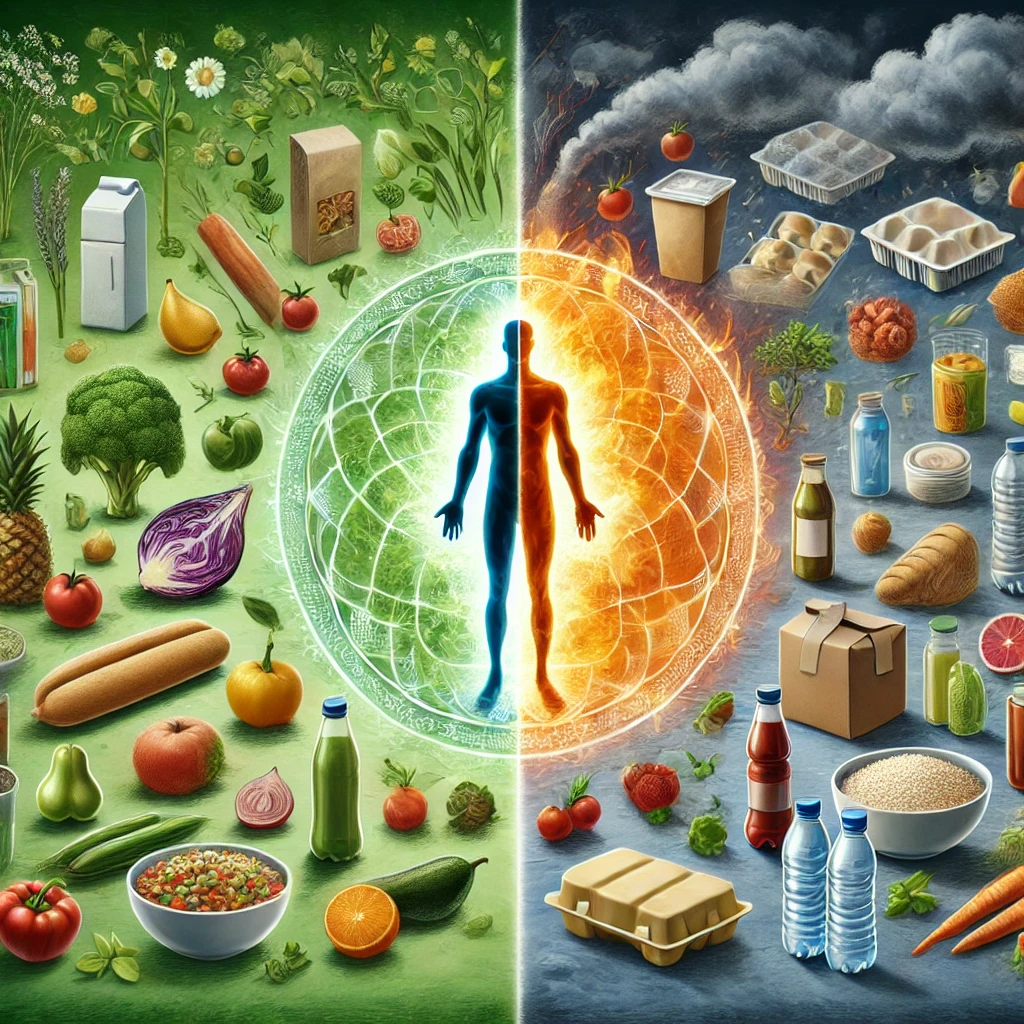-
 Call Now ! +31 88 3886069
Call Now ! +31 88 3886069

Our research focuses on understanding and addressing food safety challenges from a toxicological perspective with the aim of safeguarding food safety and public health within the "From Farm to Fork" framework. Concentrating on the chemical and biological safety of food, we investigate how food preparation, processing, packaging materials, food supplements and emerging protein sources impact safety and public health. We also contribute to Food Safety in Circular Economy research, emphasizing the development of safe and sustainable food systems. Sustainability is addressed by promoting safe and sustainable practices in the food system, emphasizing the circular economy and reducing environmental impact. We aim to assess the health implications of evolving dietary patterns and emerging food technologies.
By combining various research techniques, such as in vitro and ex vivo studies, analytical chemistry, epidemiological research, and in vivo models, our work seeks to uncover the complex interactions between food, health, and the environment, ultimately contributing to safer, more sustainable food systems that support both human health and the planet.
Current Research Projects
1. Assessing the toxicological effects of perfluoroalkylsubstances (PFAS): An in vitro structure-activity relationship study.
This project focuses on the mechanisms involved in the hepatotoxic and immunotoxic effects of a wide variety of PFAS which are widely present in food contact materials and might migrate into food.
2. Safety assessment of (recycled) paper and cardboard food packaging materials.
Aimed to develop a standardized effect-directed safety assessment strategy which combines (in vitro) bioassays and chemical analysis to assess the chemical hazards of food contact materials.
3. Safety of food supplements containing pharmacologically active compounds
Various dietary supplements aimed at weight loss and sports performance enhancement are available on the Dutch market and contain pharmacologically active substances in order to achieve these promised properties. Phenethylamines and alkylamines are regularly found in this type of dietary supplements, which may activate the sympathetic nervous system (increase in blood pressure, heart rate). For most newly designed phenethylamines and alkylamines the effects on the sympathetic nervous system are unknown. The current project investigates the cardiovascular risks of these supplements.
4. Protein transition 2.0: Contributing to the transition towards a safe and sustainable diet.
Our research project aims to investigate the safety of novel proteins derived from cellular agriculture, a revolutionary and innovative field that allows to meet future food protein needs using sustainable alternatives to traditional animal farming. Our project focuses on assessing the potential toxicological risks associated with these proteins, including allergenicity, anti-nutrient effects, genotoxicity, endocrine disruption and digestibility. Additionally, we aim to understand the legislative requirements for the safety assessment of these novel proteins and their production methods to ensure they meet regulatory standards and can be safely integrated into the market.
5. Maillard reaction products and Intestinal Bowel Disease: from chemistry to toxicology
The Western diet, which is known for its high content of sugars and fats and large amounts of fried and baked foods, seems to play an important role in increased incidence and prevalence of IBD. Consumption and preparation of sugar- and protein-rich foods leads, among other things, to a significant increase in exposure to Maillard reaction products, which are known to cause systemic inflammation and are linked to the development of various chronic diseases. The relationship between the formation of Maillard reaction products in food and the local effects of these substances in the intestines that may contribute to the development of IBD, has not yet been sufficiently investigated. The current project will further investigate the relationship between the formation of Maillard reaction products in food and the local effects of these substances in the intestines from a toxicological and chemical analytical point of view.
6. Allergenicity of novel protein sources
Food allergy is a major public health problem, the prevalence of which has increased in recent decades, placing a significant burden on both the individual and society. Food allergy is caused by an abnormal immune response after exposure to certain proteins in food. New protein sources that enter the market must be safe for human consumption and not cause allergic reactions. With a major focus on sustainability and to meet the need for an adequate and nutritious food supply in the future, new alternative protein sources are being introduced, including plant-based, insect-based and fermentation-based proteins. The aim of this project is to investigate the allergenicity of new protein sources.
Lead scientist
Misha Vrolijk




